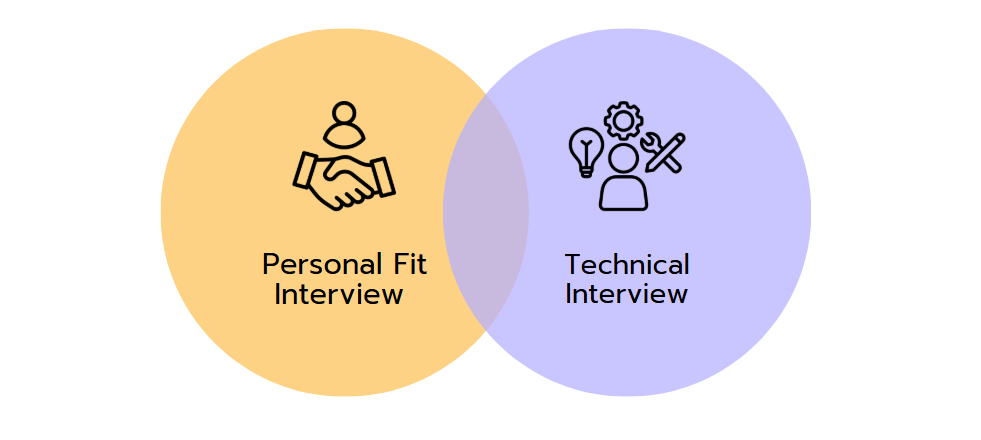Looking to break into the finance industry? Then you should be prepared for a demanding, multi-stage application process. Unlike in many other fields, the interview doesn’t come right after your CV is screened. Instead, you’ll often start with online assessments and other tests designed to evaluate your analytical thinking and numerical skills.
Only after that comes the part that’s crucial in almost every recruitment process: the personal interview. There are usually several of them – either spread out across multiple rounds or bundled into what’s known as a Superday. On that day, you’ll go through multiple back-to-back interviews with employees from different teams or levels of seniority. In the end, these conversations are what determine whether or not you’ll receive an offer.
In this article, we’ll take a closer look at how a typical finance interview is structured. You’ll learn which skills matter most, why this format is so widely used, and how you can best prepare for it.
How Finance Interviews Are Structured
Although the recruiting process can differ from company to company, most finance interviews follow a similar structure. They usually consist of two key components: a personal fit interview and a technical interview. Depending on the setup of the interview day, the two parts may either be combined into one conversation or spread across multiple interviews.
This format is especially common during Superdays or final rounds. Typically, the process begins with getting to know you as a person, followed by a deep dive into your finance knowledge. You can expect each interview to last between 30 and 60 minutes.
Let's take a closer look at the two areas:

1. The Personal Fit Interview: Are You a Good Match for the Team?
The first part of the interview focuses on who you are and whether you’d be a good fit for the team and company culture. It usually starts with a brief walk-through of your background and experiences. From there, you’ll be asked about your motivation, soft skills, and how you approach challenges.
However, it isn’t just about your experience – it’s about how you think and work. You’ll likely be asked about teamwork, how you handle stress, whether you take initiative, and what draws you to a career in finance. Questions about the company, your preparation, or your long-term goals are also common.
To stand out here, aim to answer in a clear, structured way while staying authentic. Show that you’ve done your homework and that you genuinely understand what working in finance is all about.
👉 Check out our Stress Questions and prepare for your personal fit interview.